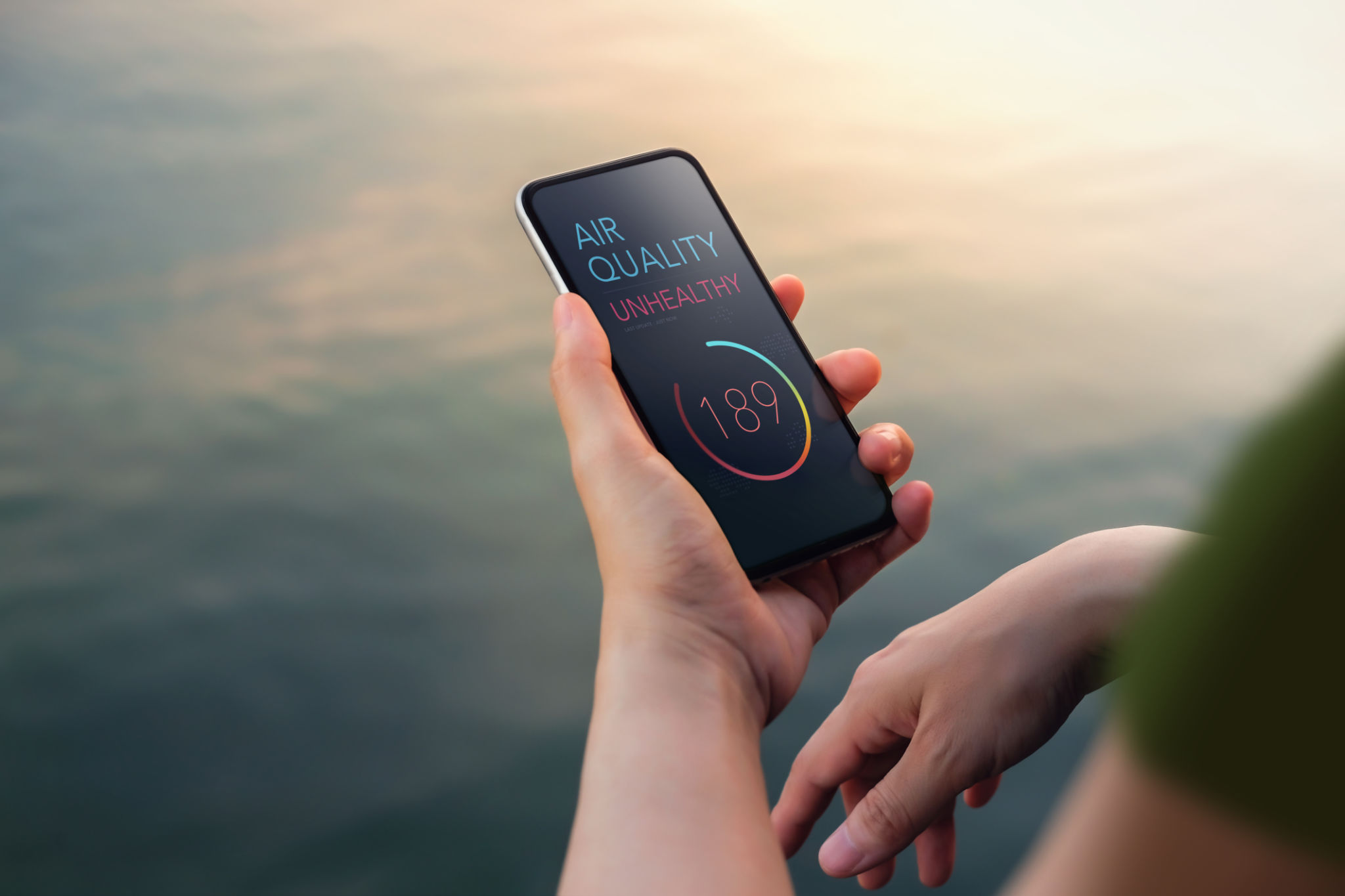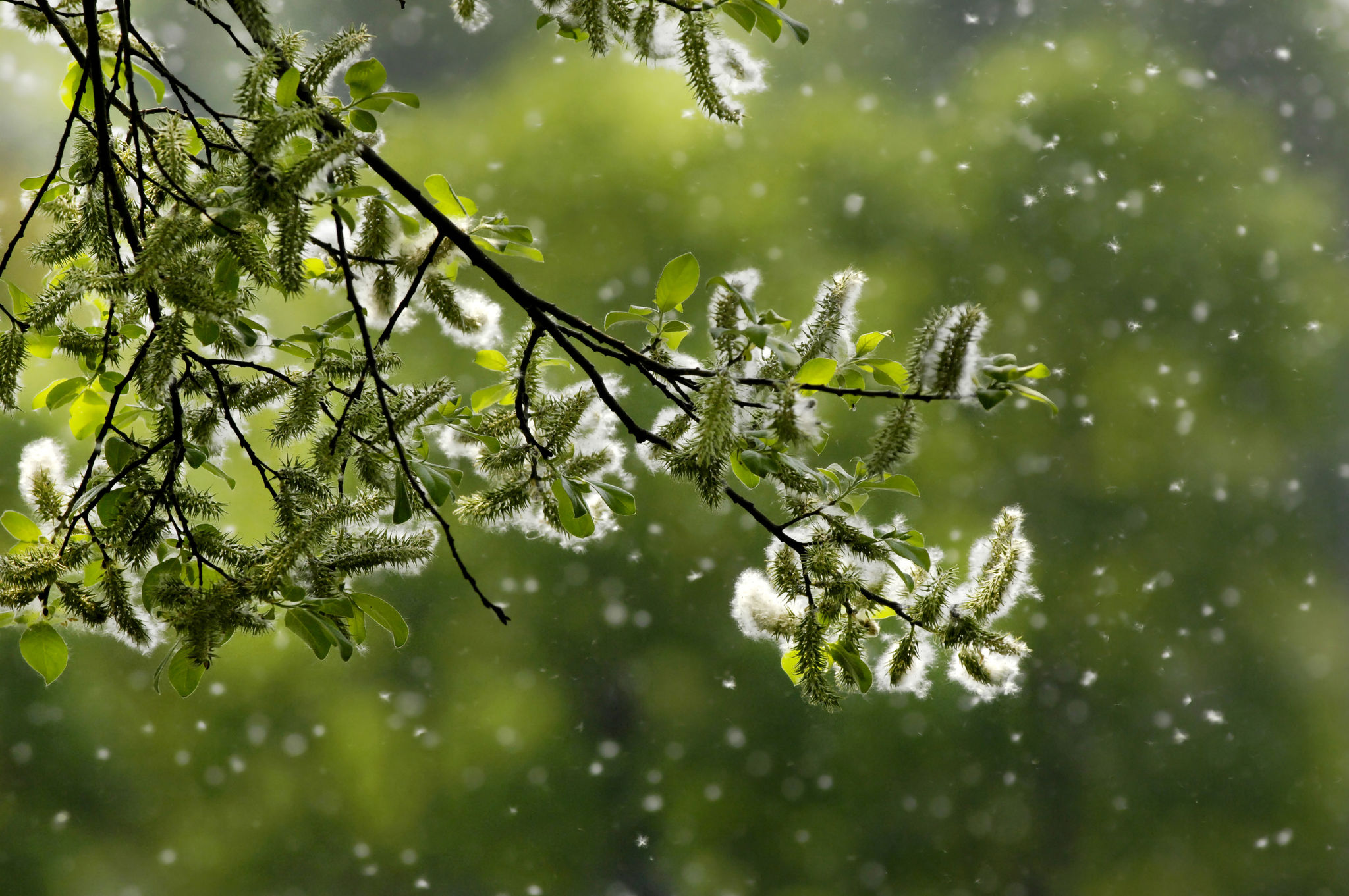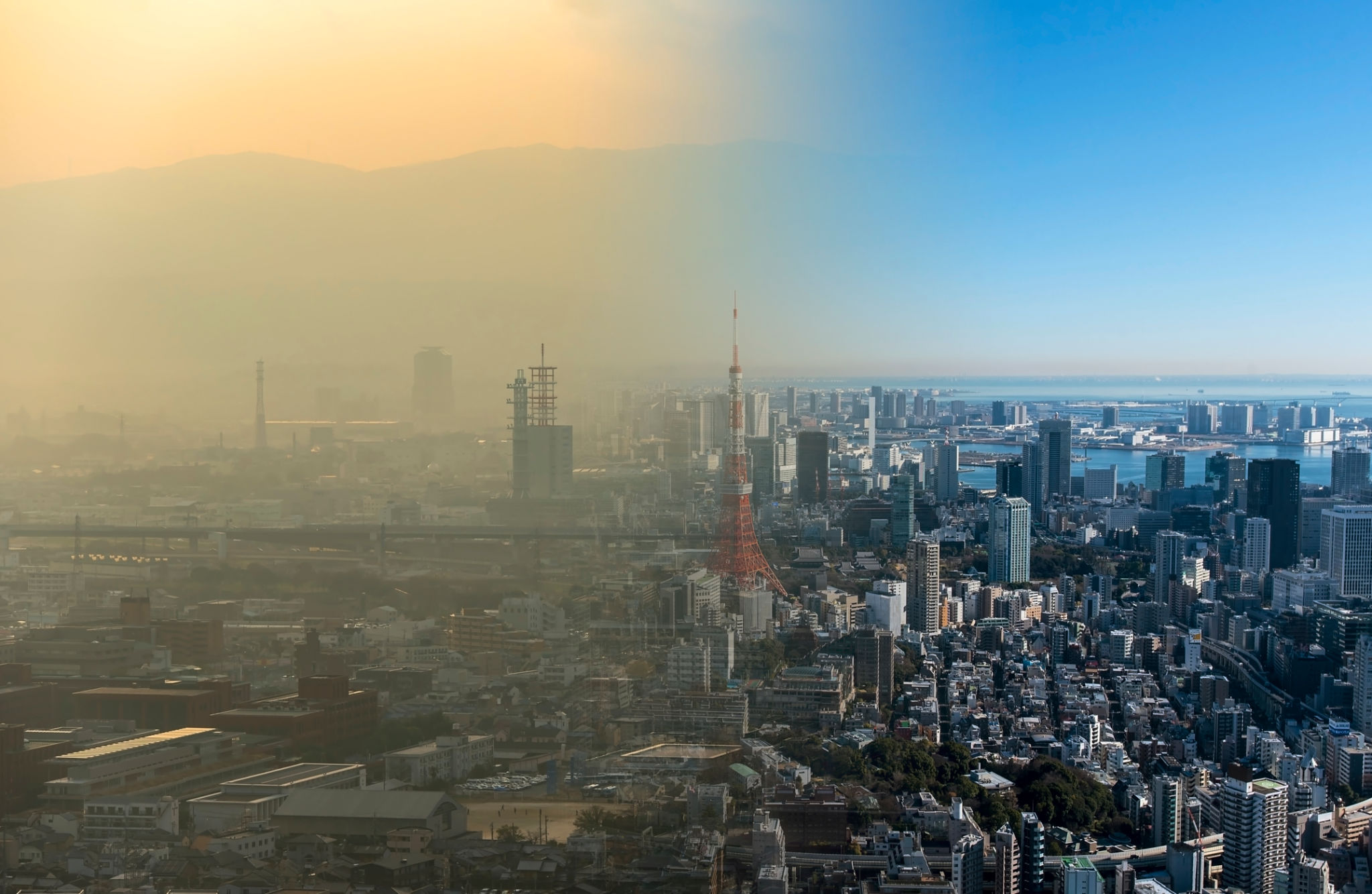How Seasonal Changes Affect Air Quality: Tips for Englewood Residents
Understanding Seasonal Changes and Air Quality
As the seasons change in Englewood, so does the quality of the air we breathe. Each season brings its own set of challenges and opportunities for maintaining healthy air quality. Understanding these changes is crucial for residents who want to protect their health and well-being throughout the year.

Winter: The Challenges of Cold Weather
During the winter months, colder temperatures often lead to increased use of heating systems, which can contribute to indoor air pollution. Additionally, winter inversions can trap pollutants close to the ground, worsening outdoor air quality. Residents should be mindful of these factors and take steps to mitigate their impact.
To improve air quality in winter, consider using air purifiers indoors and regularly servicing heating systems to ensure they are operating efficiently. Additionally, limit the use of wood-burning stoves and fireplaces, as they can significantly increase indoor pollution levels.
Spring: The Arrival of Allergens
Spring is a beautiful time in Englewood, but it also marks the beginning of allergy season. As plants bloom, pollen counts rise, affecting those with allergies and asthma. Residents should monitor pollen forecasts and plan outdoor activities accordingly.

Keeping windows closed during high pollen days and using high-efficiency particulate air (HEPA) filters in your home can help reduce exposure to allergens. Regularly cleaning and vacuuming can also prevent pollen from accumulating indoors.
Summer: Heat and Ozone Levels
Summer brings warmer temperatures and longer days, but it can also lead to increased ozone levels due to higher temperatures and sunlight. Ozone, a major component of smog, can exacerbate respiratory issues and affect overall health.
Englewood residents should stay informed about air quality alerts during the summer months. On days with poor air quality, try to limit vigorous outdoor activities and stay indoors during peak heat and pollution times.

Fall: The Transition Period
Fall is a transitional season where temperatures begin to cool, and air quality can fluctuate. The use of leaf blowers and burning leaves can introduce additional pollutants into the air. It's essential to be aware of these activities and their potential impact on air quality.
Consider composting leaves instead of burning them and choose electric leaf blowers over gas-powered ones to reduce emissions. These small changes can contribute to a healthier environment in Englewood during the fall.
General Tips for Year-Round Air Quality Improvement
While each season presents unique challenges, there are general strategies that Englewood residents can employ year-round to maintain better air quality:
- Regularly maintain HVAC systems to ensure they are clean and functioning correctly.
- Use natural cleaning products to minimize indoor air pollution from harsh chemicals.
- Incorporate houseplants that can help naturally filter indoor air.

By staying informed and taking proactive measures, residents can enjoy cleaner air and better health throughout the year. Understanding how seasonal changes affect air quality empowers individuals to make informed decisions about their environment.